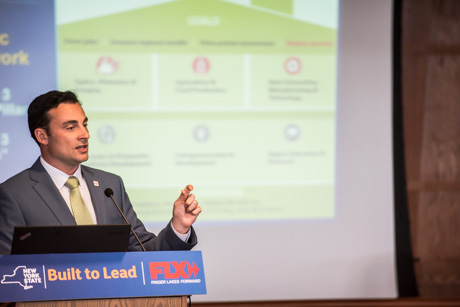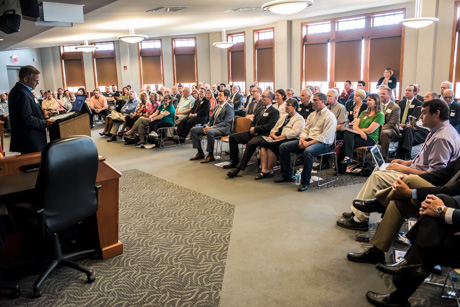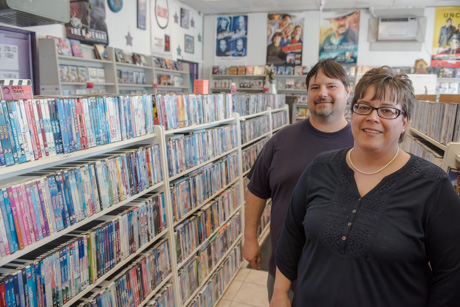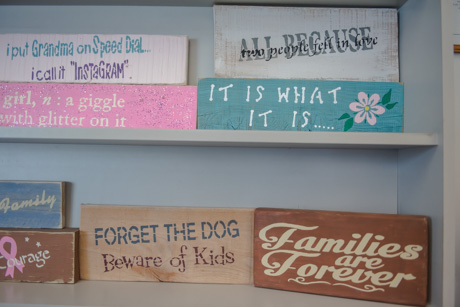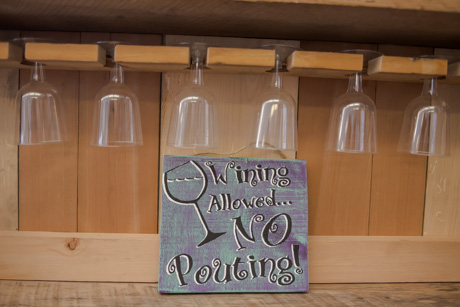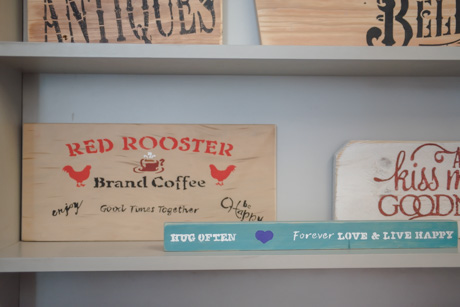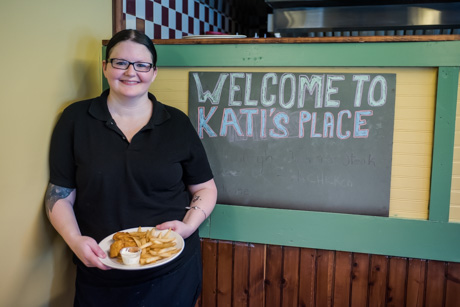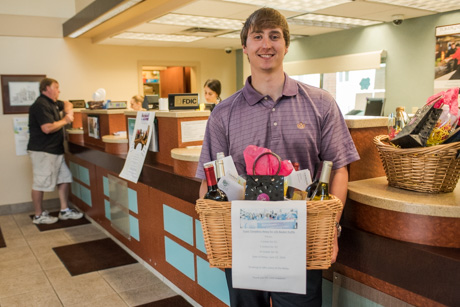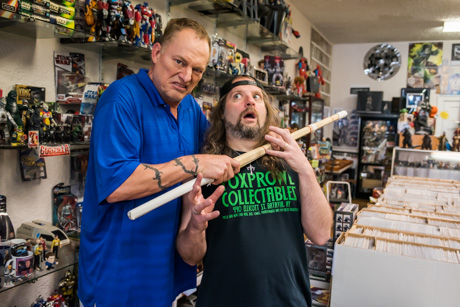Batavia Business and Professional Women’s Club announces award winners
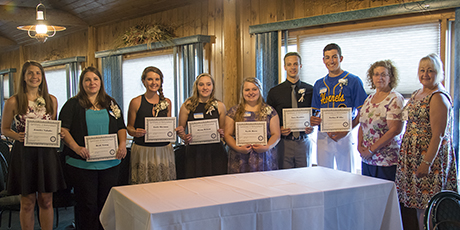
The Batavia Business and Professional Women’s Club (BBPW) 2016 Scholarship Committee awarded scholarships Thursday to five Genesee County high school, two Genesee Valley Educational Partnership (GVEP) and one Genesee Community College students. They were presented at the club's June Banquet at Batavia Country Club.
The 2016 Scholarship Award winners pictured from left above are: Jennifer Yuhnke (GVEP), Heidi Young (GCC), Emily Sherman (Notre Dame HS), Alyssa Wilson (GVEP), Noelle Bartz (Batavia HS), Luca Zambito (Notre Dame HS), Jordan D’Alba (Oakfield HS). Also pictured are Vicki Wolak (president of BBPW) and Brenda Chapell (chairwoman of BBPW Scholarship Committee. Recipient Emma Patterson (Pembroke HS) is not pictured.
The high school students each received a $750 check to support their educational and career goals. These scholarships are open to Genesee County high schools seniors (male or female). Each student maintained a grade-point average of 85 percent or higher, completed a one-page BPW application with a letter of recommendation from a school staff member, and submitted a personal essay discussing their achievements and future goals, as well as an essay from a parent. The finalists were interviewed by the BBPW Scholarship Committee in May and were notified by one of the scholarship committee members.
The Genesee Community College (GCC) adult student received a $500 scholarship award. The selection process for the GCC award is completed by the Genesee Community College Foundation.
The Genesee Valley Educational Partnership (GVEP) students each received a $250 scholarship award. These students were selected through the GVEP, Student Services Committee.
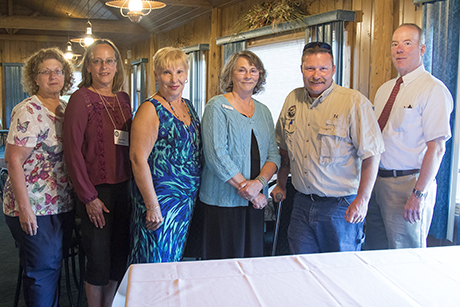
Additionally, BBPW club members voted at their May Meeting on the Service Awards to be distributed and this year. Four $300 checks were awarded. Pictured from left are: President Wolak, Luann Henry (chairwoman of BBPW Service Award Committee), Patricia Arnold (Genesee Cancer Assistance), Anne Barone (Crossroads House), Ed Spence (Operation Injured Soldiers), Jim Duval (Bethany Volunteer Fire Department). To be considered for the service award, a letter written on appropriate letterhead had to be sent to the BBPW requesting consideration.
To find out more about BBPW scholarships and service awards visit this web page: http://bataviabpw.wordpress.com/scholarship
The next fundraising event is Oct. 15 -- the Basket & Live Auction and Dinner being held at the Ascension Parish Hall on Sumner Street in Batavia. Doors open at 5 p.m. and dinner will be served at 6. Basket drawings and live auction to follow. The theme is Mexican Fiesta. Tickets are on sale now for $20 or two for $35. All proceeds from this event benefit Genesee County scholarships and the service organizations.
To purchase tickets or donate to the auction, please contact Michelle at 585-297-0779 or send an e-mail to bataviabpw@gmail.com.

